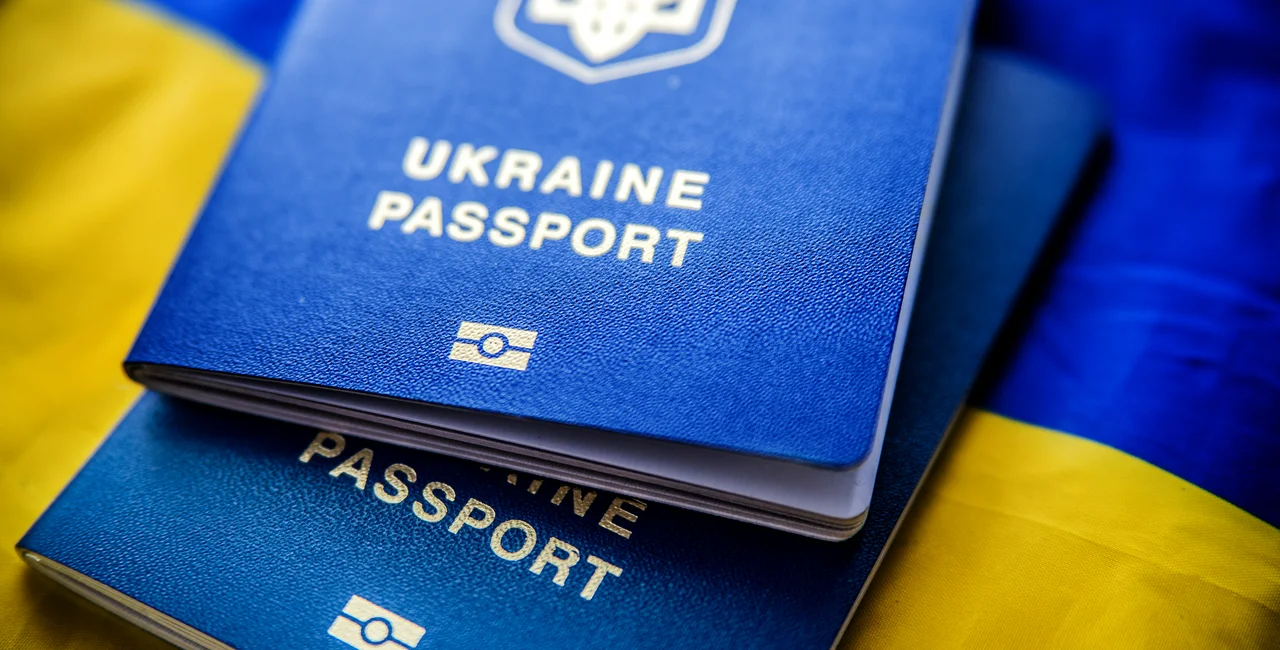Prague, Nov 30 (ČTK) – The Czech government approved an amendment to extend the temporary protection granted to war refugees from Ukraine by one year, until March 2024. The bill now goes to the Czech parliament for discussion.
Currently, the temporary protection lasts until March 2023 unless it is extended. Czech temporary protection visas enable the holders to stay in the country and secure their access to public health insurance, education, and the labor market.
The Interior Ministry said due to the current state of the conflict in Ukraine the return of refugees to their homes won’t be possible in the near future.
The Labor and Social Affairs Ministry will propose a modified system of welfare benefits for refugees from Ukraine by mid-January that will be launched as of April, Interior Minister Vít Rakušan said.
The regions will operate the refugee assistance centers until the end of March and then the state will assume their operation, Rakušan added.
The extension of protection will require first an electronic registration and then a personal one. This will enable the authorities to find out how many refugees are in the Czech Republic, Rakušan said.
The Interior Ministry plans to divide the process of the temporary protection extension into two phases due to the high number of refugees.
Refugees must register online
Ukrainian nationals will have to register electronically by the end of March. After that, they will have to go to the Interior Ministry office personally at the assigned date and time by the end of September 2023. Those who will not do so will see their temporary visas expire and will have to apply for new ones.
"We will use this to collect the necessary data and on their basis, we will work on other adaptation and integration programs," he said.
As of Nov. 29, the Czech Republic granted temporary protection visas to 463,804 Ukrainian refugees since the war in Ukraine started in February. About one-fifth of Ukrainian refugees had returned home from the Czech Republic, Rakušan said in early November.
The ministry estimates that Ukrainians currently make up 3.4 to 3.7 percent of the 10.5 million population of the Czech Republic, which means roughly 355,000 to 390,000 people. However, the exact number cannot be determined due to the free movement in the EU. The registration will make it easier to count the number of Ukrainians in Czechia.
Ukrainians who are short of electricity, water, and heating as a consequence of the Russian air attacks may leave Ukraine in the upcoming winter months. Another refugee wave cannot be ruled out. In that event, the Interior Ministry will have to allocate further administrative employees and police officers to manage it.
System of benefits to be reviewed
The amendment also includes the Health Ministry's proposal for simplifying the referral process for psychological help as the demand for these services increased with the arrival of war refugees. The bill will also touch on the rules of Ukrainian children's enrollment at schools and preschool facilities for the next school year.
"By Jan. 15, the Labor Ministry is to present a review of the system of benefits and contributions (for refugees) to be paid out as of April 1," Rakušan said.
Currently, the Czech Republic provides a humanitarian benefit of CZK 5,000 to refugees. It is paid for the month when they are granted a temporary protection visa. They can take it repeatedly, but maximally for another five months. This support is not given to those who have secured accommodation with equipment and catering.
Number of benefit recipients dropping
Refugees in need who have stayed in the Czech Republic for more than six months may apply for further support. As of the sixth month with temporary protection, an adult is entitled to the sum amounting to the subsistence level, which is now CZK 4,620. Children and youths under 18 may get CZK 3,320 monthly.
Labor offices pay solidarity contributions to the people who accommodate refugees in their homes or vacant flats for free for at least 16 days a month.
Labor and Social Affairs Minister Marian Jurečka reiterated that the number of humanitarian benefit recipients was dropping. His ministry's data show that 141,000 people received it in September, about 100,000 fewer than in the spring months. The total costs of these benefits amounted to some CZK 7 billion.
In late September, over 87,800 Ukrainian citizens with refugee visas went to work in the Czech Republic.












 Reading time: 3 minutes
Reading time: 3 minutes 

























